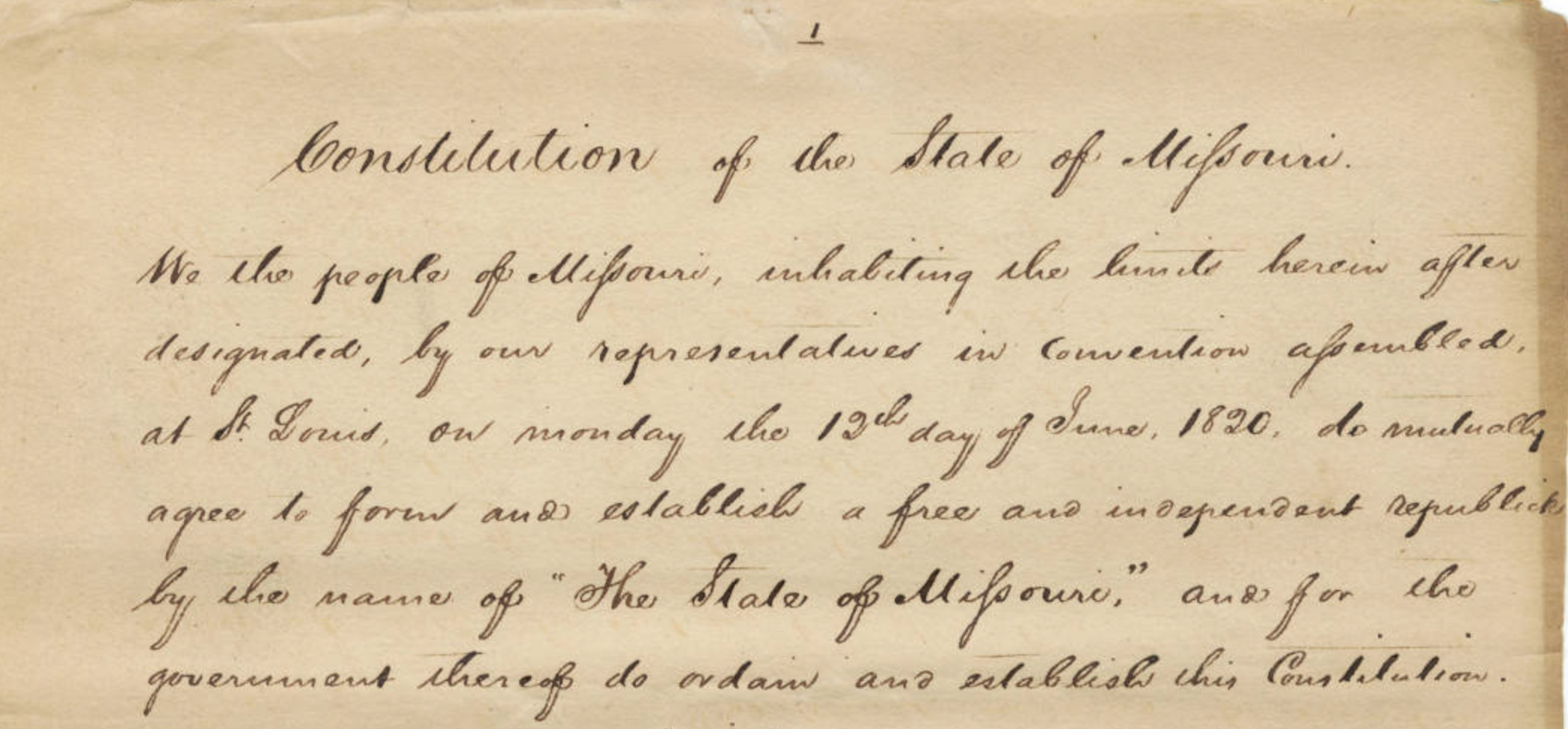Tag: state constitutional amendment
-
Georgia voters to decide 2026 constitutional amendment to increase acreage limit for conservation use property tax classification

Georgia voters will decide in 2026 on a constitutional amendment to increase the maximum acreage of agricultural and timber property that can be classified as bona fide conservation use property. Under the amendment, the maximum acreage would be increased from 2,000 acres to 4,000 acres. Bona fide conservation use property, under the state's Conservation Use…
-
Kansas voters to decide on amendment for direct election of state Supreme Court justices in August 2026

The Kansas State Legislature voted to send a constitutional amendment to voters that would provide for direct election of state Supreme Court justices and abolish the existing Kansas Supreme Court Nominating Commission. The amendment states that the seven justices would be elected at staggered general elections with positions 1, 2, and 3 elected in November…
-
Indiana voters to decide on amendment expanding residency options for city and town court judges in 2026

The Indiana State Legislature gave final approval to a constitutional amendment requiring city and town court judges to reside in either the county where the court is located or the bordering county closest to the court. Currently, city and town court judges must live in the city or town where the court is located. The…
-
Louisiana voters to decide on four constitutional amendments addressing taxes, courts, and criminal justice on March 29

On March 29, Louisiana voters will decide on four constitutional amendments that address tax policy, judicial procedures, and juvenile justice laws. A two-thirds vote in each legislative chamber was required to refer a constitutional amendment to the ballot. All four of the amendments were passed with 100% of Republican legislators in favor while most Democrats…
-
Idaho voters to decide on amendment preempting citizen-initiated marijuana and psychedelics legalization measures in 2026

Idaho voters will decide on a constitutional amendment saying that only the state legislature can legalize or regulate marijuana. This would mean that citizens cannot initiate measures to legalize marijuana in the state. Voters will vote on the amendment at the general election on Nov. 3, 2026. The amendment, House Joint Resolution 4 (HJR 4),…
-
Virginia legislature advances three constitutional amendments on abortion, same-sex marriage, and felon voting rights restoration to the 2026 legislative session

The Virginia State Legislature gave final approval to three constitutional amendments, advancing them for approval by the legislature during its 2026 session. If the amendments are approved by the legislature in 2026, they will appear on the Nov. 2026 ballot. In Virginia, for a constitutional amendment to qualify for the ballot, it must pass the…
-
Voters in 30 states have decided on 42 constitutional amendments to create state initiative and referendum processes since 1898

In the U.S., 26 states have adopted constitutional amendments for citizen-initiated ballot measures. As state constitutional amendments require voter approval, except in Delaware, creating ballot initiative processes requires ballot measures, either from state legislatures or constitutional convention. Most of these amendments originated during the progressive and populist movements of the 1890s to 1920s. Beginning in…
-
Summary of the Trump administration's history on Medicaid work requirements

Donald Trump (R) was inaugurated as president for his second term on January 20, 2025. During his first term, the Centers for Medicare and Medicaid Services (CMS) invited states to apply for Section 1115 waivers, which, if approved by CMS, allow states to implement work requirements and other conditions for Medicaid. Between 2018 and 2020,…
-
Wisconsin voters to decide on adding voter photo ID requirement to state constitution on April 1

Wisconsin voters will decide on a constitutional amendment on April 1 to require photo identification to vote. A photo ID is already required by state law. The state legislature took the final vote on Jan. 14 to send the amendment to voters. Currently, 35 states require voters to present identification in order to vote at…
-
North Carolina legislature sends constitutional amendment to 2026 ballot requiring photo ID to vote, including by mail

The North Carolina State Legislature approved a constitutional amendment to require photo identification to vote by mail or by other means, rather than only for voters voting in person. The amendment will appear on the Nov. 2026 ballot. In North Carolina, voter ID is currently required for those voting in person but is not required…

